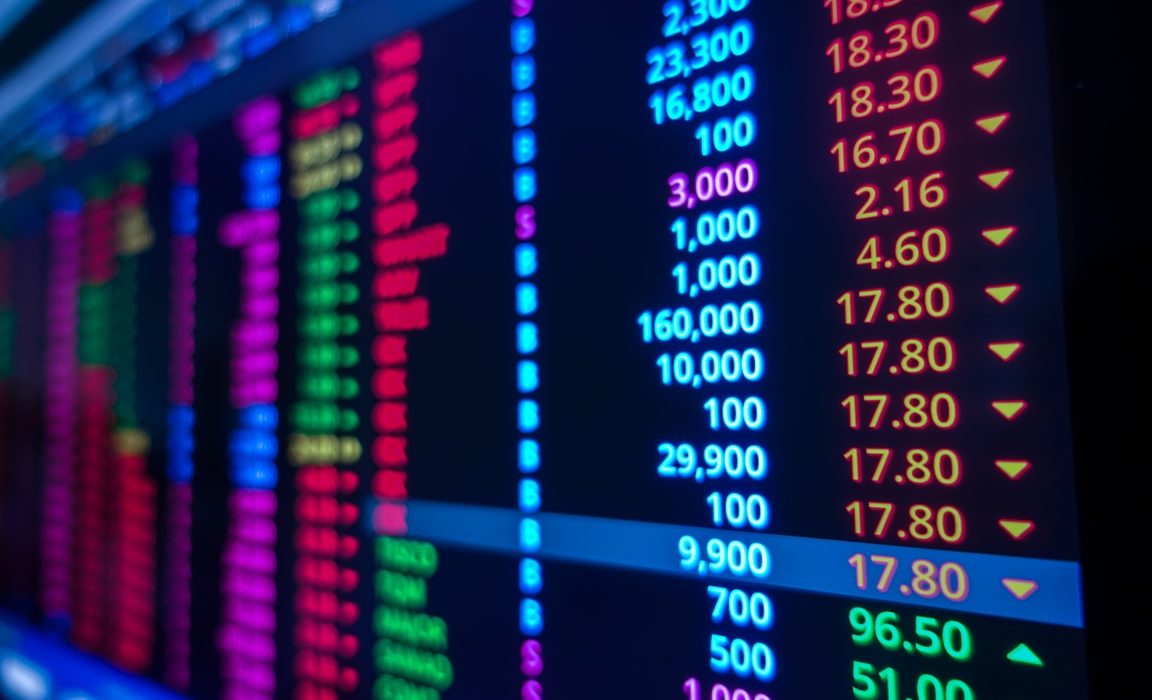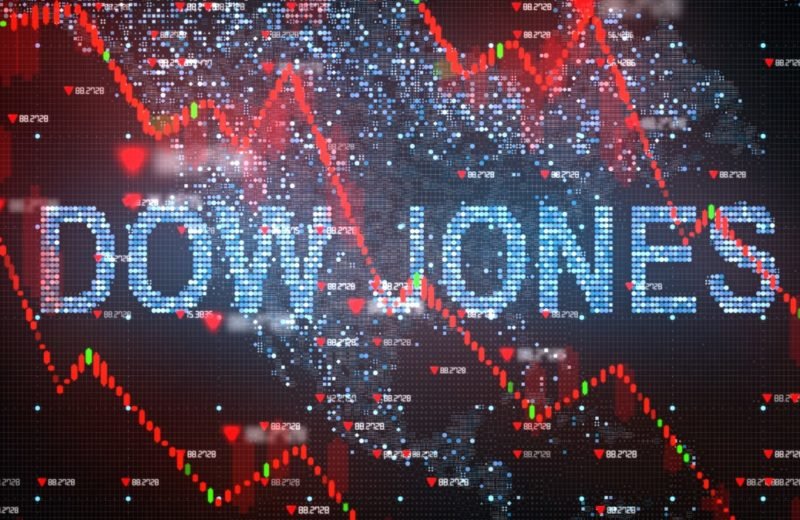Asia-Pacific stocks were mixed as investors awaited the release of consumer inflation data from the United States.
The Shanghai composite rose 0.17 percent to 3,485.91, while the Shenzhen component fell 0.733 percent to 13,432.07.
The Hang Seng index in Hong Kong gained 0.15 percent in the final hour of trading. China Evergrande Group’s Hong Kong-listed shares increased by more than 4%. According to Reuters, the embattled developer plans to deliver 600,000 apartments by 2022; however, it is not considering a fire sale of its assets to pay off its debts. The Nifty 50 was 0.84 percent, while the BSE Sensex was 0.85 percent.
The Reserve Bank of India governor announced Thursday that the monetary policy committee voted to maintain the repo rate — or the rate at which the central bank lends to commercial lenders — at 4 percent.
The RBI’s reverse repo rate, or the interest rate at which commercial banks lend to the central bank, was unchanged at 3.35 percent.
The Indian rupee traded at 74.9625 per dollar, down from an earlier high of 74.778.
In Japan, the Nikkei 225 rose 0.42 percent to 27,696.08, while the Topix index rose 0.53 percent to 1,962.61. The Kospi in South Korea rose 0.11 percent on the day to 2,771.93.
In Australia, the S&P/ASX 200 rose 0.28 percent to close at 7,288.50.
MSCI’s broadest index of Asia-Pacific stocks outside of Japan increased by 0.61 percent.
Overnight in the United States, the Dow Jones Industrial Average rose 305.28 points to 35,768.06, while the S&P 500 rose 1.45 percent to 4,587.18. The Nasdaq Composite outperformed the market, rising 2.08 percent to 14,490.37.
European Stocks Waver
European stocks were choppy, and government bond yields edged higher, ahead of data expected later Thursday, showing US inflation jumped to a new 40-year high last month.
After closing 1.7 percent higher the previous session, Europe’s Stoxx 600 index rose in early trading before falling 0.1 percent. The FTSE 100 index in London was steady. Futures contracts tracking Wall Street’s S&aP 500 index and the tech-heavy Nasdaq 100 fell 0.2% and 0.4%, respectively.
On Wednesday, the sovereign debt market recovered from a sell-off earlier in the week. It was fueled by fears that the US Federal Reserve and the European Central Bank would raise interest rates more aggressively than expected to combat rising prices.
The yield on Germany’s 10-year Bund, which was in positive territory last month for the first time since 2019, increased 0.02 percentage points to 0.241 percent. The yield on Italy’s 10-year bond, susceptible to rising interest rates due to the government’s high debt, increased 0.04 percentage point to 1.81 percent.
Across the Atlantic, the 10-year US Treasury yield rose 0.01 percentage point to 1.94 percent.
Investors will learn the US inflation rate in January later today. Economists predict that consumer price index data will show annual growth of 7.3%, the highest reading since 1982.
If January’s inflation figures are higher than expected, central bankers may face renewed pressure to tighten financial conditions harder and faster throughout 2022. Investors expect the Fed to raise interest rates five times by the end of the year.
















